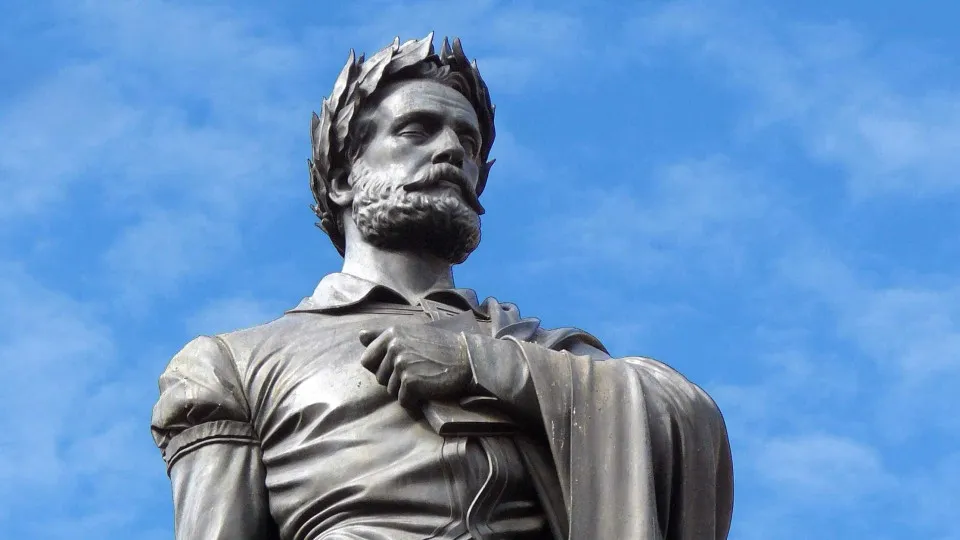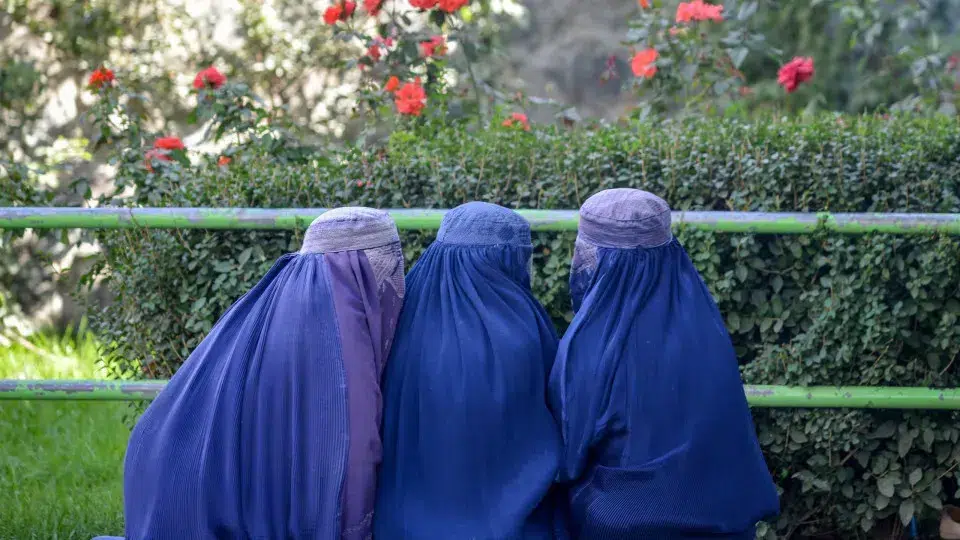
“No, Camões is not studied, not read, and is little known, except out of interest from some teachers or young individuals,” stated the Angolan writer and professor at the Folio, the International Literary Festival of Óbidos, where she participated in a discussion on the topic ‘The Borders of Camões or Camões Without Borders’.
The Camões Prize winner attributes the lack of knowledge about Camões’ work in Angola to “a significant change in the creation and selection of school textbooks” in the country, which prioritized Angolan authors and excluded the works of the Portuguese writer.
“Angola had just become independent and it was necessary to create, let’s say, an Angolan, African identity, and therefore the initial investment went towards the knowledge of Angolan and African authors.”
This change “brought many other authors into school curricula, creating a significant distance from Camões, but also a great distance from Luandino Vieira, António Jacinto, António Cardoso,” Angolan writers who “truly created Angolan literature,” in whose work the writer finds some influences of the Portuguese author.
Luandino Vieira “has his readings of Camões in various stories, his very particular readings of Camões, as he does with Shakespeare and Cervantes,” which allowed, in his work, “the Portuguese language to become saturated with other national languages,” said Ana Paula Tavares.
In Óbidos, this opinion was also shared by writers Orlando Piedade from São Tomé and Príncipe, and José Luíz Tavares, who is also responsible for translating Camões’ poems into Cape Verdean Creole.
The two writers noted that Camões is not studied in their countries but still regard him as a writer “without borders” and acknowledge the presence of much of Camões’ poetry throughout Portuguese-speaking countries.
Ana Paula Tavares, announced a little over a week ago as the winner of the Camões Prize 2025, holds a Ph.D. in Anthropology of History from the New University of Lisbon and a Master’s degree in Brazilian Literature and African Literatures in Portuguese from the University of Lisbon, where she graduated in History and currently teaches at the Faculty of Letters.
Her works include ‘Ritos de passagem’, ‘O Sangue da buganvília’, and ‘Manual para amantes desesperados’.
The Folio, now in its 10th edition until Sunday in Óbidos, includes this year three Nobel Laureates in Literature, featuring the South African J.M. Coetzee, awarded in 2003, who is participating tonight in a conversation with the audience.
The Belarusian writer and journalist Svetlana Alexievich, Nobel Laureate in Literature in 2015, was in Óbidos last weekend, and this year’s laureate, László Krasznahorkai, will take part in the festival next Sunday.
Organized by the municipality of Óbidos in collaboration with the municipal company Óbidos Criativa, Ler Devagar, and the Inatel Foundation, the Folio has been held since 2015 in the town classified as a UNESCO Creative City of Literature.




